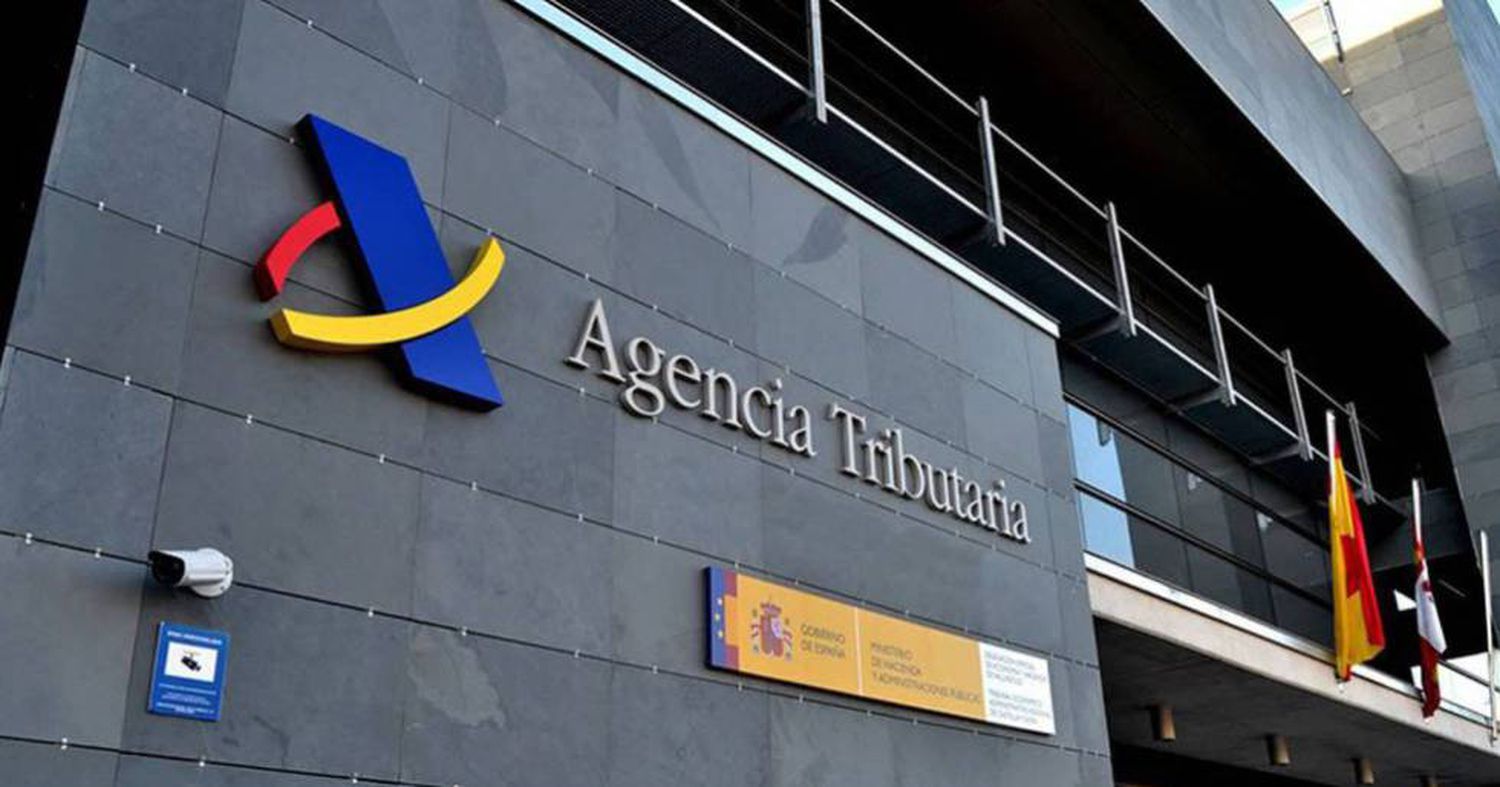In the midst of a storm over the harmonization of regional taxes, the Tax Agency (AEAT) has confirmed that there is a “growing demand” by the regions to investigate fictitious changes of tax domicile.
This has been assured by the director of the AEAT, Jesús Gascón, at the closing of the XXX Congress of State Finance Inspectors, which was held this Thursday virtually.
Although this task does not appear explicitly in the Agency’s latest strategic plan, Gascón has ensured that “every year there is a section of the control plan guidelines dedicated to collaboration with the autonomous communities, in which it is expressly mentioned the control procedure of fiscal domiciles ”.
These controls have the objective of detecting fraudulent changes of address from one region to another with lower taxes, normally those levied on assets and inheritances and donations, which are totally assigned to the autonomies.
Gascón’s words come at a time when there is a crossfire between the community of Madrid and the central government, before the ERC amendment to the Budgets to raise the tax on patrimony and the intention of the Treasury to harmonize the ceded taxes – something that had been contemplated for a long time.
The region of the capital is the only one that provides a 100% discount on the wealth tax ―and applies generous discounts to tribute on inheritances and donations―, which is why other autonomies accuse it of unfair competition even though the law grants full communities regulatory capacity on the encumbrances they have assigned.
Gascón has also made reference to another matter that has raised blisters in recent weeks: the entry of inspectors into the homes (residence or company) of taxpayers to carry out checks when there are suspicions of fraud.
“It is clear that we need an intermediate channel between criminal proceedings and notification of the inspection,” he said. “We are in analysis and see what happens.”
The controversy was born by a recent ruling of the Supreme Court that ruled that the Treasury cannot carry out the registration without notifying the declarant in advance, since the inviolability of the home is a constitutional right.
A few weeks later, when asked in the Congress of Deputies about the ruling, Gascón defended the surprise effect of home inspections , claiming that a prior notice does not seem “very effective when there is the possibility of destruction of evidence.”
“The Supreme is pronounced on a concrete case, and says that the action was not sufficiently motivated for the judicial entrance. We have little to say about that, there is no debate, ”Gascón insisted this Thursday.
“What the Supreme Court also says, which I think is what needs to be analyzed, is that in order to enter a business it is necessary to have previously communicated the start of the inspection activity.
My reflection in Parliament is that this is going to be very ineffective, and I said that we had opened an internal debate and that it could reach Parliament ”.
Gascón recalled that 97% of the actions are aimed at legal persons, not physical ones, and that there is little conflict. The average amount settled thanks to these actions, he pointed out, is about 500,000 euros.
“The percentage of income in the voluntary period is higher than usual, and the behavior afterwards is better.”



 Bitcoin
Bitcoin  Ethereum
Ethereum  Tether
Tether  XRP
XRP  USDC
USDC  Solana
Solana  TRON
TRON  Cardano
Cardano  Lido Staked Ether
Lido Staked Ether  Toncoin
Toncoin  Avalanche
Avalanche